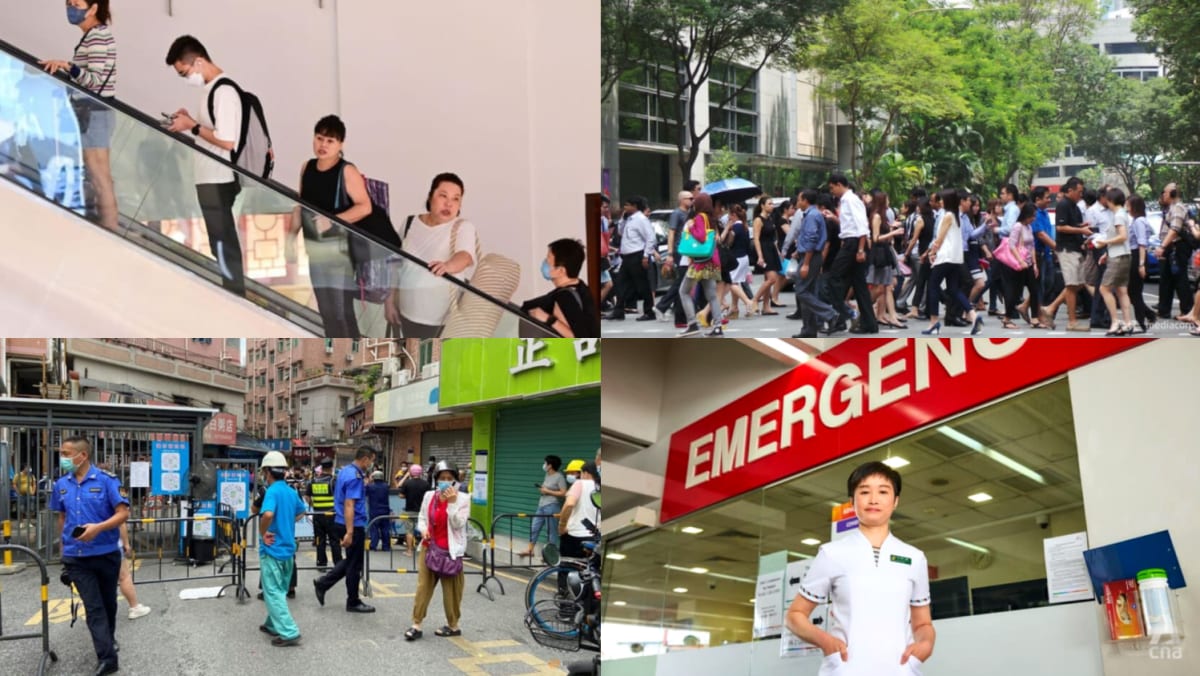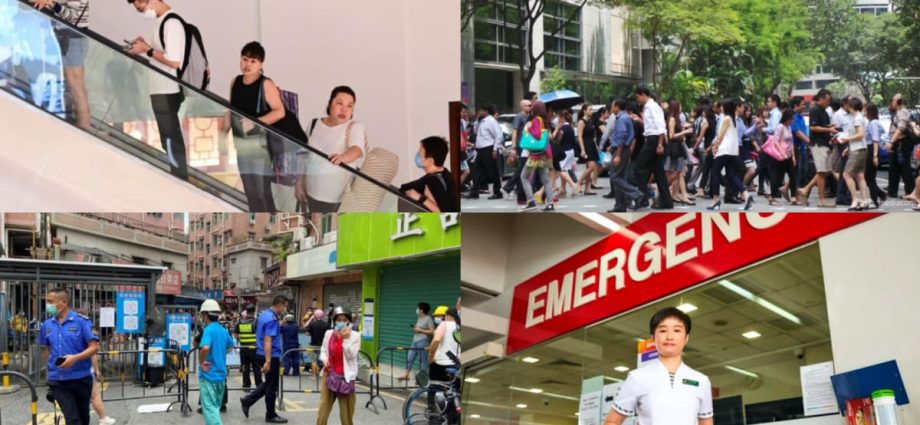
Let’s get you up to speed with the day’s stories.
A work pass is being introduced that will allow high-earners and high-achievers to live in Singapore without having to secure a job here first.
The Overseas Networks & Expertise Pass is meant for talent from any sector who earns a monthly salary of S$30,000 and above. Applicants do not have to meet the salary criterion if they have “outstanding achievements” in arts, sports, science or academia.
The work pass will also allow foreigners to start, operate and work for multiple companies in Singapore at any one time.
Pass holders will not be subject to the Complementarity Assessment Framework (COMPASS) – a new points system for employment pass (EP) applicants that will kick in from Sep 1.
As of Monday, indoor mask restrictions have been lifted across Singapore, except on public transport and in healthcare facilities.
Despite the eased restrictions, many people were still wearing their masks in shopping centres and malls. Among them were people who were unaware that restrictions have been lifted.
Others who went unmasked indoors said they would still mask up if others around them expressed their discomfort or if establishments insisted that patrons wear masks.
Here’s what you need to know about the new mask rules that kicked in today.
Authorities in Shenzhen shut the world’s largest electronics market of Huaqiangbei and suspended service at 24 subway stations on Monday (Aug 29) in a bid to curb an outbreak of COVID-19.
Three key buildings in the sprawling area, comprising thousands of stalls selling microchips, telephone parts, and other components to manufacturers, will stay closed until Sep 2.
On Monday, the tech hub of nearly 18 million people reported nine symptomatic and two asymptomatic cases from testing the previous day.
Scams were the top driver of crime in the first half of 2022 with more than 14,000 cases reported – 85% more than in the same period last year.
The total amount cheated for the top 10 scam types increased to S$227.8 million, up from S$142.5 million in the same period last year.
A victim told of how he was almost scammed of more than S$1 million in a “very convincing and elaborate” setup, despite having seen multiple warnings about scams.
An Emergency Department nurse for 26 years, Ho Soo Ling has tirelessly fought to save lives from some of the most staggering road accidents, fires, and critical illnesses and diseases.
Some of her patients are so ill, they are disorientated and cannot talk.
Her job at Singapore General Hospital (SGH) is to ensure that she and the 15 nurses she supervises are on standby for all kinds of emergencies. “You may begin work with a peaceful shift, but you won’t know what will happen an hour later,” she says.
She told CNA Women what draws her to working in the A&E department – and how she still struggles with death.

